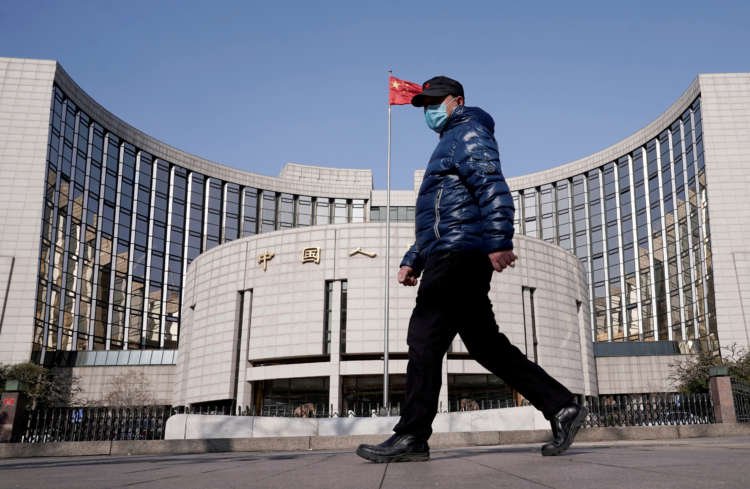Banking
China and Brazil have world’s greenest central banks, activists say
Published by linker 5
Posted on March 31, 2021
1 min readLast updated: January 21, 2026

Published by linker 5
Posted on March 31, 2021
1 min readLast updated: January 21, 2026

Explore more articles in the Banking category











